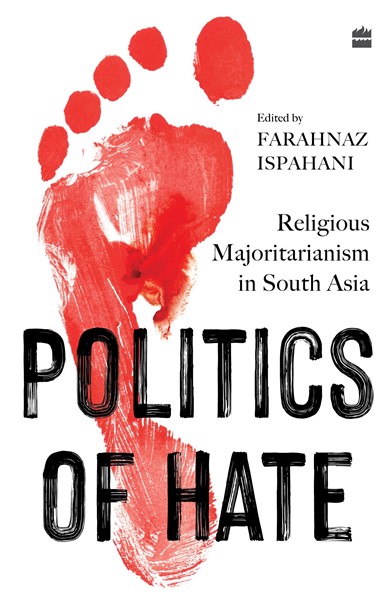Over the years, politicians across the world have exploited ethnic and religious sentiments to mobilize support in their favour. Majoritarian communalism entails rehashing historical grievances and creating fear among the majority that minorities threaten the former’s religion, culture or tradition. In many instances, the minority groups are described as privileged, unduly supported by the state, a threat to economic and job opportunities for the majority and so on.
South Asia-home to almost 200 crore people representing every major and minor religious belief-has also witnessed religious extremism, often supported by the state apparatus. Beginning with Pakistan’s Islamization following the Partition in 1947, and especially over the last two decades, Hindu supremacist sentiment in India, Buddhist supremacism in Sri Lanka, and attacks on minorities in Bangladesh, have been on a steady rise across South Asia.
In Politics of Hate, noted scholars-experts on the subject and the region-discuss their research on the role of the media and political leaders in deploying hatred for political advantage, covering developments in India, Bangladesh, Pakistan and Sri Lanka. In an era of media incitement, orchestrated attacks on mosques, churches, and temples, and identity politics, this book serves as a timely study of the phenomenon of politically motivated religious and ethnic division.



